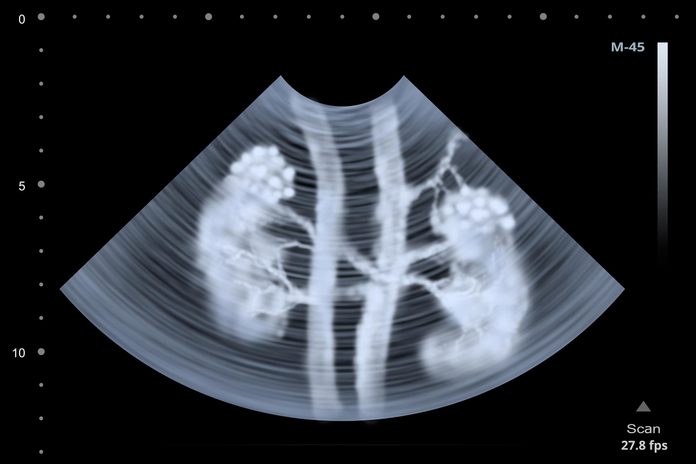
What is kidney cancer?
You have two kidneys—they’re bean-shaped organs located below your rib cage on each side of your spine. Your kidneys contain tubules that filter out waste from your blood and convert it to urine—the primary role of your kidneys. It’s in these tubules that things can go wrong and trigger the signs of kidney cancer: “The most common type is renal cell cancer, which originates in the tubules,” says Jason Abel, MD, urologic surgeon and member of the UW Carbone Cancer Center.

What causes kidney cancer?
Sometimes kidney cancer can be hereditary. More frequently, the cause is smoking, says Dr. Abel. In fact, according to the American Cancer Society, your risk is proportionate to how much you smoked, and quitting is the only way to begin to lower these odds. Other risk factors include being overweight, long-term misuse of pain meds, and having high blood pressure.

Hidden sign: A bulge in your abdomen, side, or lower back
Not to alarm you, but you’d probably have no idea if the beginnings of cancer were brewing in your kidneys. “Because the kidneys are located very deep in your body, patients feel very few or no symptoms in the early stages of cancer,” says Dr. Abel. Rarely, a patient will feel a tumour as one of the signs of kidney cancer; if this happens, the tumour may be in an advanced stage.
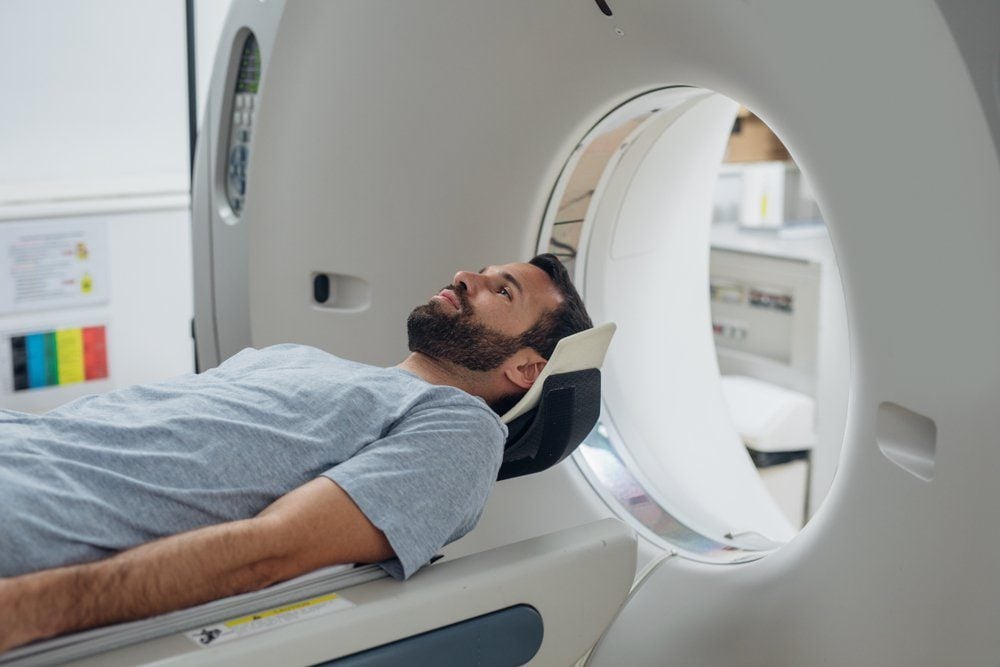
Something shows up on a test
That doesn’t mean the cancer is always caught late. “People can get imaging scans like MRIs or ultrasounds for completely unrelated reasons [that reveal a tumour], so at least two-thirds of these patients are diagnosed when the cancer is very small,” says Dr. Abel. That’s a good thing; cancer caught early is more effectively treated.

Subtle side pain
Occasionally, a patient may be dealing with flank pain as one of the signs of kidney cancer, says Dr. Abel. Persistent side pain that lingers and doesn’t go away should be checked out by your doctor.
Make sure you never do this before a doctor’s appointment.
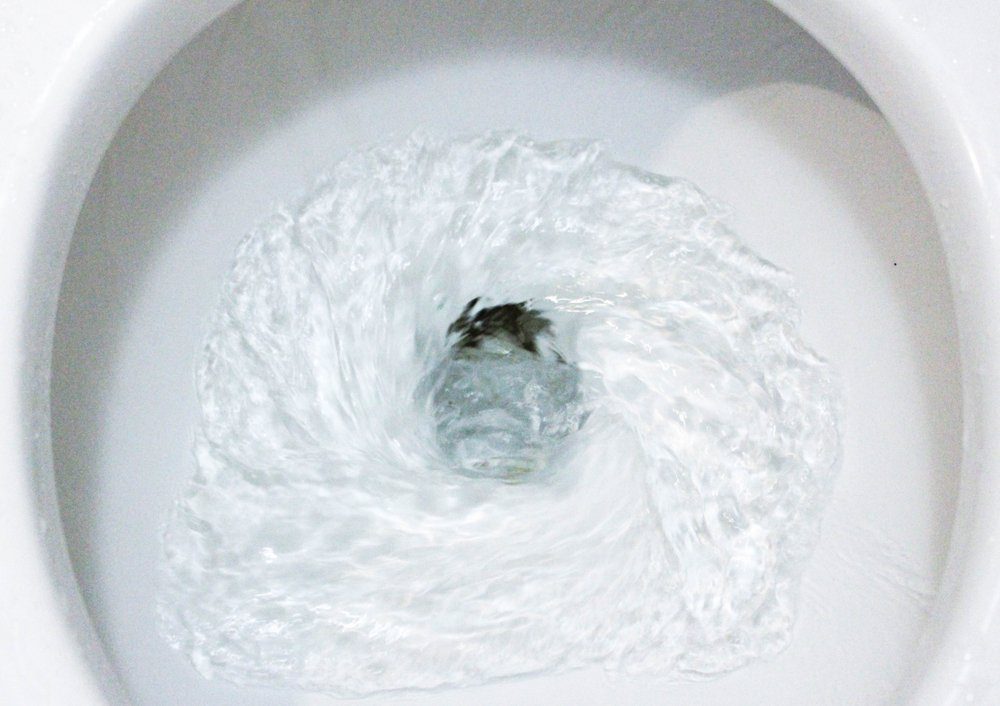
Blood in your urine
OK, it’s not exactly one of the subtle signs of kidney cancer—seeing blood in your urine is alarming. But you may not realize how serious it is or chalk it up to other, more common problems, like a urinary tract infection. (Or it may not be blood at all—you could have simply eaten too many beets.) However, if the blood in your urine is from kidney cancer, the cancer is most likely more advanced, according to the Mayo Clinic. Either way, get checked out by your doctor.

Fatigue, weight loss
Fatigue, loss of appetite, and unexplained weight loss are three additional symptoms in later stages of kidney cancer, according to the Mayo Clinic. However, these are especially sneaky. Consider the other factors that may leave you tired and trigger weight loss—even something like stress could be responsible. However, if you’re struggling with fatigue despite sleeping well or have lost weight without trying (or wanting to), it’s always a good idea to see your doctor.
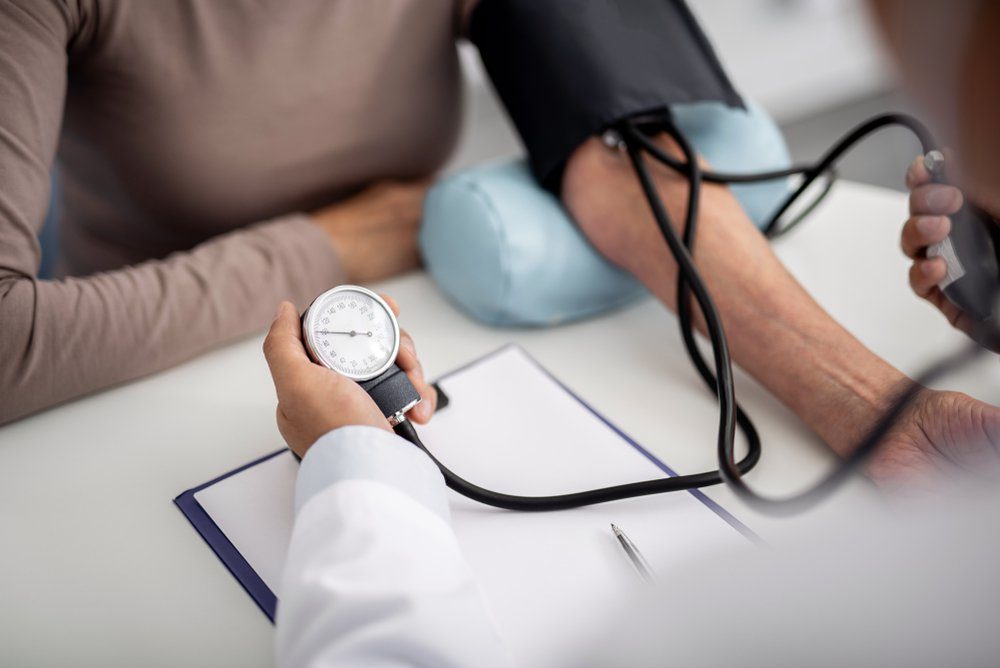
Rising blood pressure
If your blood pressure is typically fine—or at least stable—and you notice it’s starting to climb at a routine doctor visit, it could be a sign of kidney cancer, according to the Cleveland Clinic. Your kidneys help manage the fluid balance in your body and your blood pressure by releasing a hormone called renin; cancer can interfere with this process. Talk to your doctor about other symptoms that could help single out the reason for the rise.
Here are nine sneaky things that can throw off your blood pressure reading.
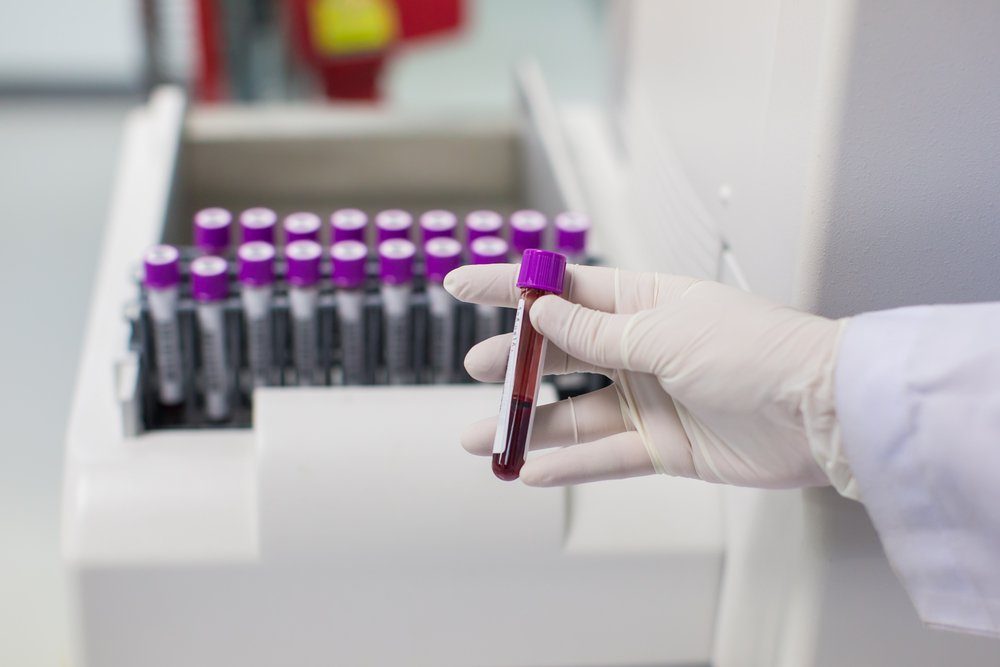
Anemia
Part of the reason for your fatigue could be a low red blood cell count, according to experts at the Cleveland Clinic. Another hormone released by the kidneys—erythropoeitin—encourages your bone marrow to produce red blood cells. You depend on red blood cells for oxygen delivery to the rest of your body; when they decline, so does your energy.
Learn to spot the telltale signs of anemia.

Fever without a cold, flu, or other infection
Any time your body temperature rises, it’s an indication that your immune system is doing battle with some type of intruder. That could be a virus, bacteria, or potentially a tumour. If you’re getting night sweats or feeling flushed, start monitoring your temperature. In the absence of obvious symptoms of another infection—like coughing, sneezing, or muscle aches (signs of colds and flu)—running a fever is a symptom to bring up with your doctor.
Discover eight science-backed ways to boost your immune system.

For men, swollen veins around the right testicle
While the problem can turn up in either testicle, a varicocele—a cluster of swollen veins—most often targets the right testicle and it can indicate that you have a large kidney tumour, according to cancer.net. While you’ll no doubt already be motivated, you should see your doctor immediately.
While you’re examining things “down there,” consider this invaluable advice from a urologist.

How do you treat kidney cancer?
Treatment has made exciting advancements over the last decade, says Dr. Abel. The newest is immunotherapy: “It helps increase your immune system’s ability to detect and control tumours,” he explains. Recently, two medications—nivolumab and ipilimumab—have been approved by Health Canada and can be used for those patients with advanced disease and have a poor prognosis.
Discover more exciting breakthroughs in cancer research.
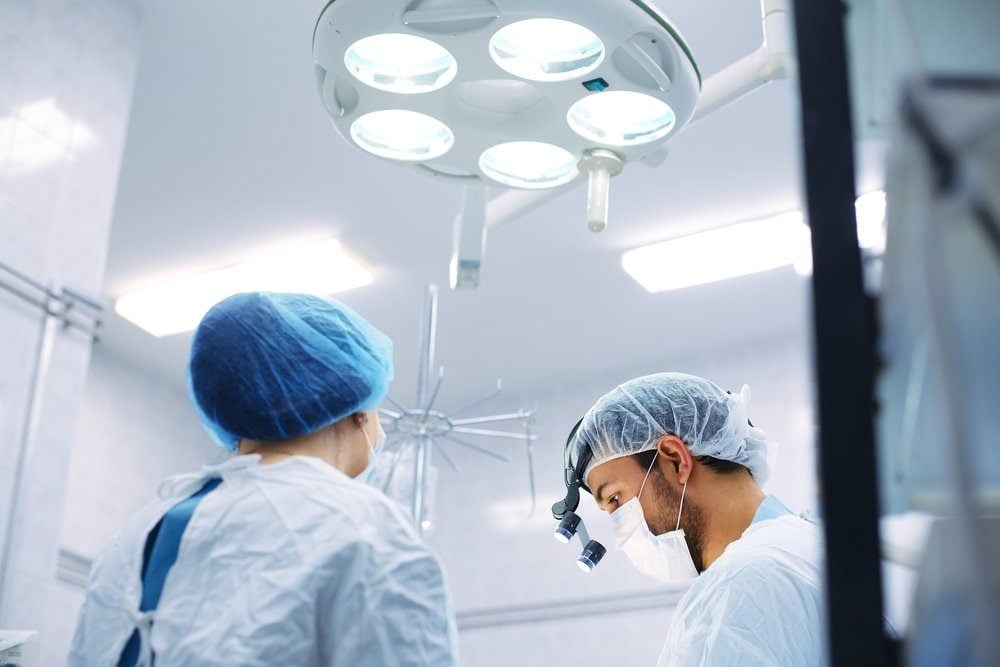
Is surgery an option?
Since the average age at diagnosis is 64, half of kidney cancer patients are over age 65, which can make surgery a riskier proposition. Those who may be good candidates to remove a tumour are those whose cancer was caught early, says Dr. Abel. On the other hand, if a patient has co-existing heart or lung disease (common in this age group), having surgery may be too dangerous. Your doctor will help weigh the risks versus benefits of surgery depending on the characteristics of the tumour (such as how fast it is growing) and personal health history.
Read up on the fastest rising cancer in Canada.
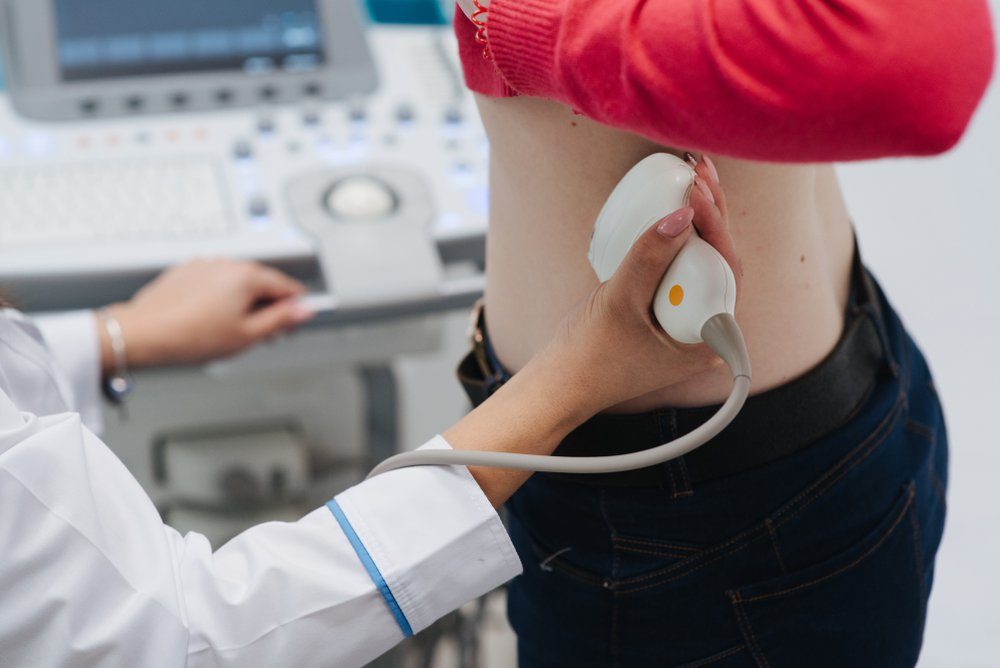
Can you cure kidney cancer?
Like other cancers, this depends on when it’s discovered: “If you find kidney cancer in stage 1, within ten years, 90 to 95 percent will be cured with primary treatment,” says Dr. Abel. However, if the cancer is advanced and metastatic (it has spread), he says, only about 10 to 20 percent of those patients will still be alive after five to ten years. “This is a very aggressive disease when it becomes metastatic,” he says.
Now that you know how to spot the early signs of kidney cancer, discover 20 more symptoms you should never ignore.